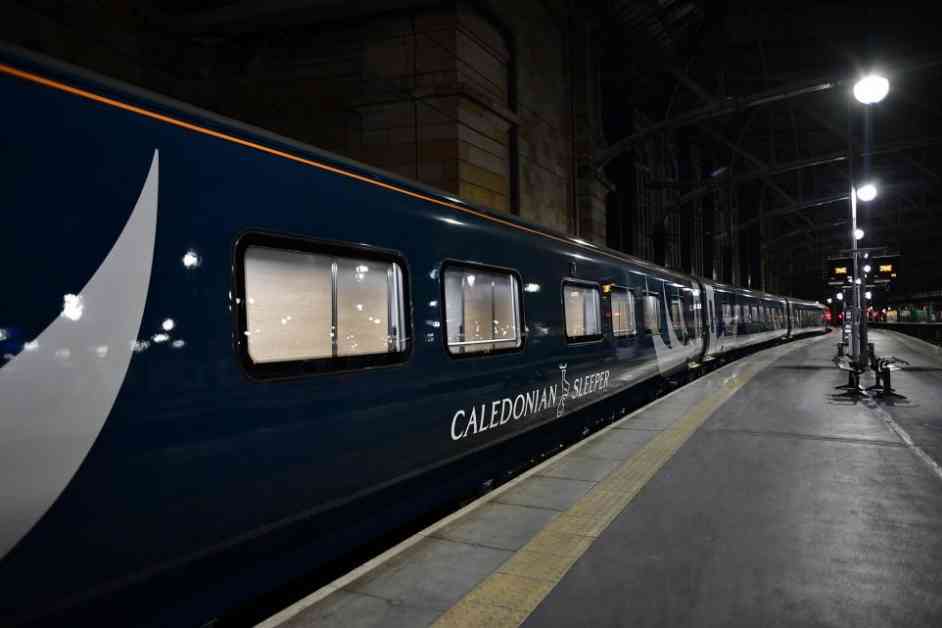Compensation paid to travelers on the Caledonian Sleeper reached almost £1 million in less than a year, according to the Scottish Conservatives. The figures obtained through freedom of information revealed that £965,672 was paid out to passengers affected by delays between April 24, 2023, and April 5, 2024.
The Caledonian Sleeper was brought back into public ownership by the Scottish Government on June 25, 2023, following the re-nationalization of ScotRail after 25 years. The majority of the compensation amount covers the post-nationalization period.
Of the total compensation paid, nearly £700,000 went to passengers who experienced delays of more than one hour, totaling £690,068.90. Additionally, £163,430.44 was paid out for delays of 30 minutes, while £112,172.73 was compensated for manual delay repay during the same time frame.
Sue Webber, transport spokeswoman for the Scottish Tories, criticized the SNP government for failing to efficiently run the Caledonian Sleeper service, leading to financial burdens on taxpayers due to compensation payouts. She emphasized the importance of fulfilling promises to rail users and ensuring effective management of nationalized rail services.
Transport Scotland defended the compensation cases, stating that less than 3% of all services were canceled in the year up to September 2024. The spokesperson highlighted the small proportion of compensation cases compared to the total journeys made in the same period and acknowledged the regrettable nature of passenger disruptions.
Kathryn Darbandi, managing director of Caledonian Sleeper, expressed a commitment to reducing compensation payments by improving service performance and mitigating delays. Despite external factors contributing to disruptions, the company aims to provide excellent customer service through its Delay Repay scheme.
The decision to nationalize the Caledonian Sleeper service was aimed at enhancing passenger numbers and improving overall service quality. Trade union leaders welcomed the move, which led to the early termination of Serco’s contract, the previous operator of the sleeper service.
RMT union general secretary Mick Lynch emphasized the need for investment in expanding and improving rail services, maintaining ticket office availability, and ensuring proper staffing to enhance accessibility for all passengers. The nationalization of the Caledonian Sleeper sparked a conversation on the future of Scotland’s railway network and the importance of sustainable transportation infrastructure.
































